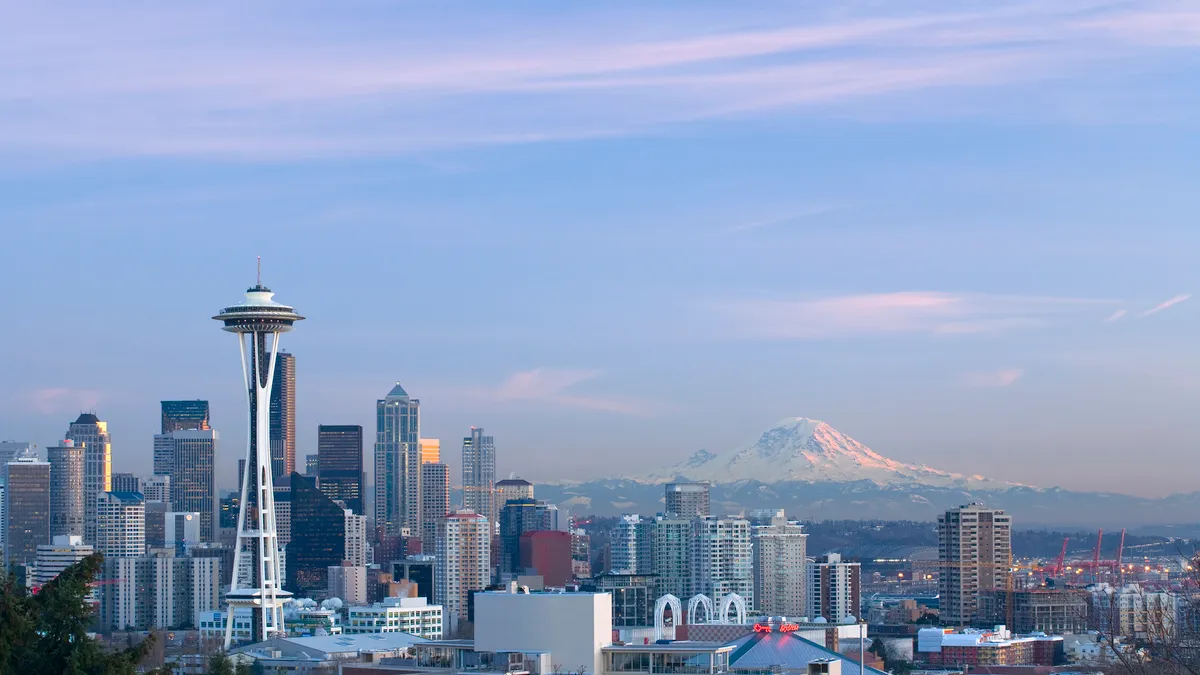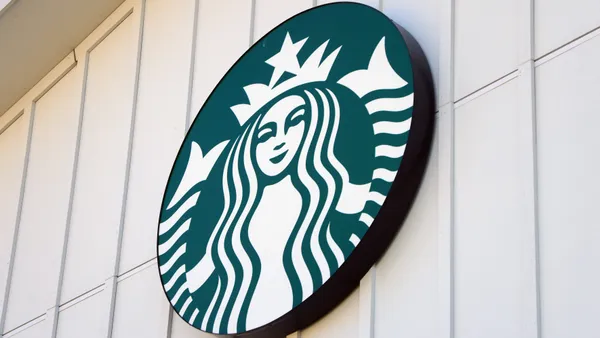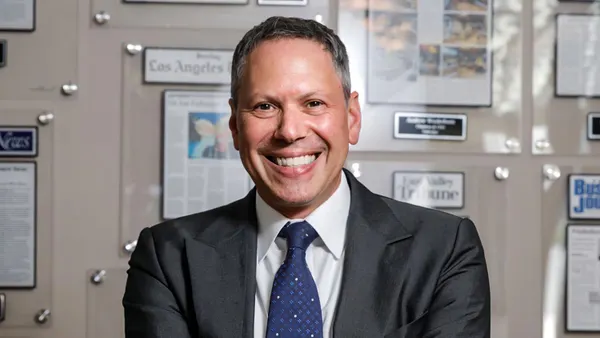Seattle Mayor Bruce Harrell signed a law capping delivery fees charged to operators by third-party delivery platforms at 15% of the order total, Wednesday. The fee cap, however, allows delivery platforms to charge more to restaurants that request other services, like marketing.
The law further stipulates that third-party delivery companies cannot reduce the pay of delivery drivers if compliance with the fee cap is a motivating factor in pay cuts.
The passage of this ordinance follows a week after San Francisco’s Board of Supervisors passed a similar law capping delivery fees at 15% but allowing delivery companies to charge restaurants more for services beyond core delivery offerings.
According to a press release from the Seattle City Council, the new law was necessary as the city’s COVID-19 state of emergency, under which the city initially imposed its 15% delivery fee cap, was expected to expire.
“The 15% cap has proven to be reasonable as well as vital for supporting Seattle’s diverse restaurants that have struggled mightily to survive in our city,” Seattle Councilmember Alex Pedersen, who co-sponsored the bill, said in the statement. “This legislation saves our diverse local restaurants from a financial cliff.”
Steve Hooper, president of the Seattle Restaurant Alliance, said in the statement his organization welcomed the permanent fee cap, and that the law “ensures the best customer experience by keeping delivery a viable option as restaurants navigate post-pandemic challenges and gives restaurants much-needed assistance and predictability.”
Jitse Groen, CEO of Grubhub’s parent company Just Eat Takeaway, said on the company’s Q2 earnings call Wednesday that the political climate in the United States has grown more favorable to delivery companies with respect to fee caps. The company, along with its delivery cohorts, sued San Francisco and New York City in 2021 over permanent fee caps calling them unconstitutional. With San Francisco's more flexible fee cap law, the company said it would drop its lawsuit against the city.
“Fee caps have now expired or have been amended in most places, and we have been very encouraged by the city of San Francisco's management most recently,” Groen told investors. “We continue to pursue legislative and legal solutions to eliminate the remaining fee caps in New York City. In short, we are very optimistic about the developments around these fee caps in the U.S.”














